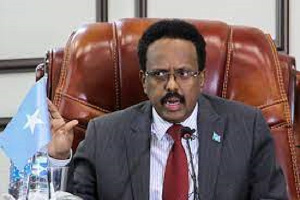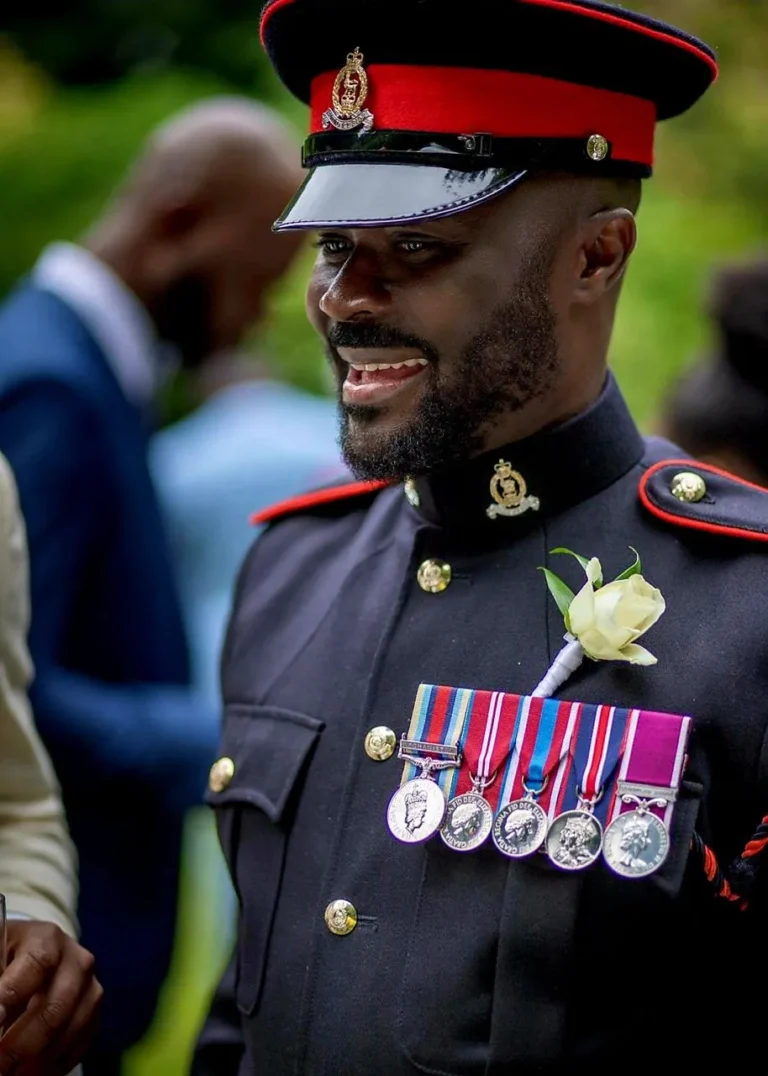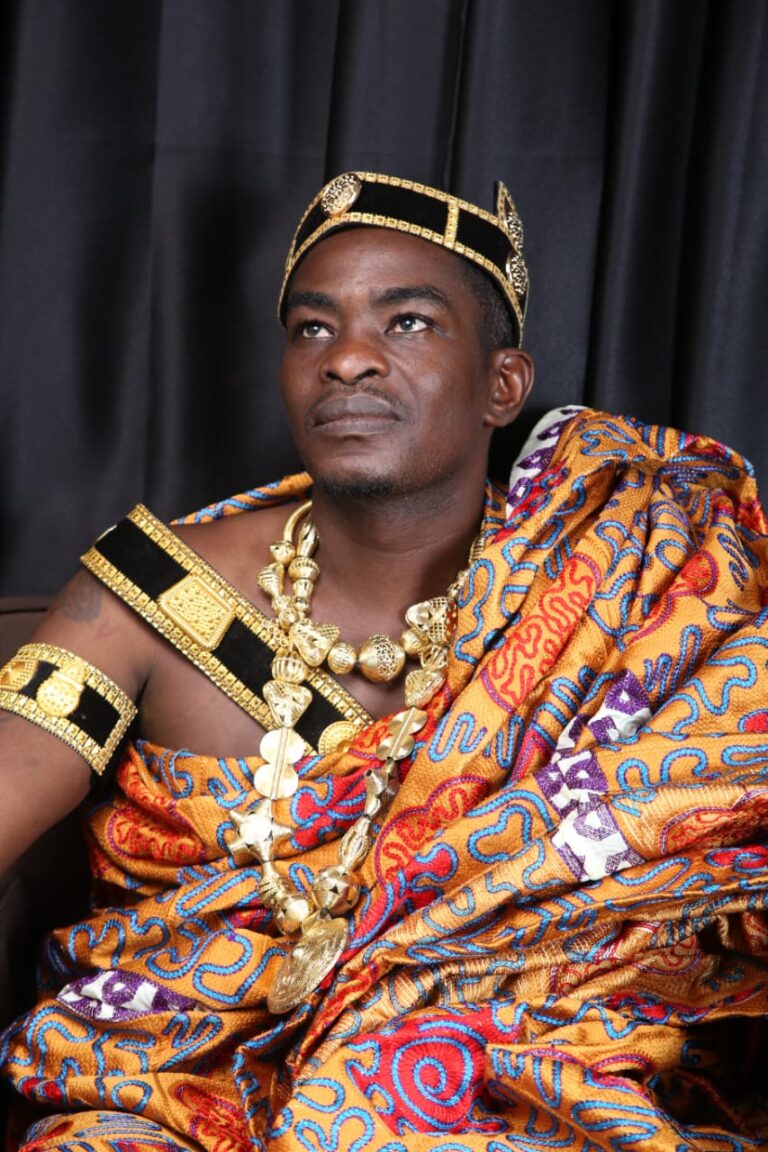
Somalia delays key election over candidate names
The start of the elections in Somalia, scheduled for Sunday and at the center of a political crisis that has agitated the country for months, has been delayed, said official sources interviewed by AFP.
The volatile Horn of Africa country was due to begin a long election cycle on Sunday, starting with the Senate election and ending on October 10 with the presidential election, according to the official calendar.
The federal state’s regions have failed to submit the list of candidates who will participate in the polls on time or to form the local committees that will vote, the sources added.
Federal government spokesman Mohamed Ibrahim Moalimu briefly told AFP on Sunday that the elections were “delayed,” but said the process would continue.
“Although the program was that the election of the upper house (Senate) begins today across the different states, there is a delay, the election should not be held,” confirmed a member of the election commission, on condition of anonymity.
Nigeria facing acute jobless crises – World Bank
under somalia’s complex electoral system, special delegates from a myriad of clans and sub-clans in each of the five states select the parliamentarians, who in turn select the president.
According to several sources, the only state in which voting could take place “within a week” is Jubaland. According to one source, the committee has already been formed and the state chairman may release the list of candidates “later today”.
“We expect the election to start soon,” said Mohamed Adan, a Jubaland government official, while another source said voting could start as early as Sunday.
Sources in Puntland confirmed to AFP that the polls there were delayed due to “technical problems”. In Galmudug, the local parliament is on vacation and is not due to return until early August. According to sources in the southwest, the president of the region is currently abroad, which is blocking the process.
In April, the two-year extension of President Mohamed Abdullahi Mohamed’s term of office, which expired on February 8, sparked violent clashes in Mogadishu, threatening the fragile balance of the civil war-ravaged country.
In early May, in a gesture of appeasement, Farmajo tasked his Prime Minister Mohamed Hussein Roble with organizing elections as soon as possible.






